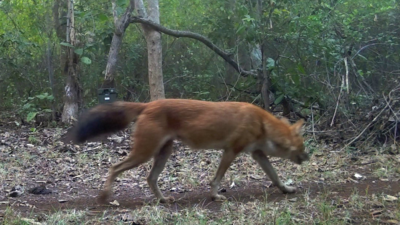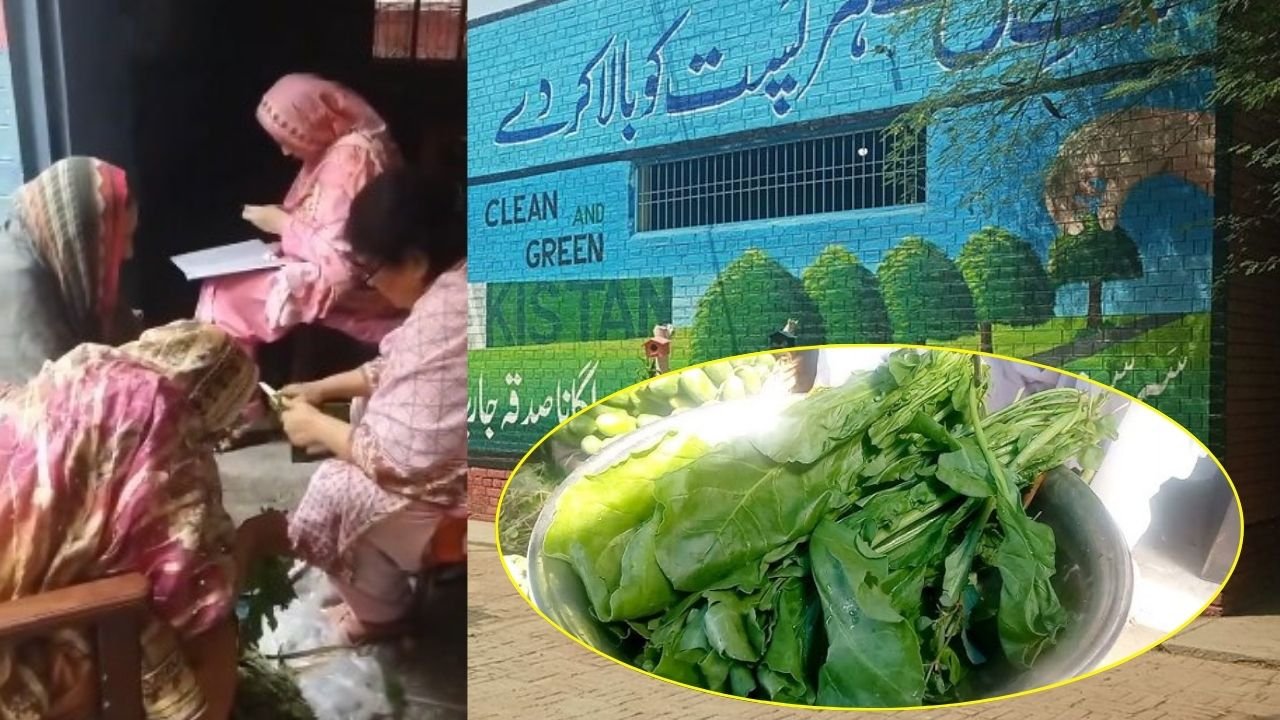
BENGALURU: Documenting the faunal diversity of the Kalyana Karnataka region, conservation scientists have reported the first-ever documentation of ‘ Dholes ’ (Wild Dogs) in the region. Setting out to understand the population of leopards across the North-Eastern plains of Karnataka, noted wildlife biologist Sanjay Gubbi and his team of researchers have documented the presence of dholes (Cuon alpinus) in the reserved forests of Kalaburagi-Bidar districts. With the latest documentation of dholes in the Kalyana Karnataka region, the districts such as Bidar and Kalaburagi have the rare distinction of being home to all the four wildlife species (Dholes, Wolves, Golden Jackal, and Bengal Fox) belonging to the Canidae family in Karnataka.
The presence of all the four species has brought cheers among the wildlife enthusiasts who have called for the conservation of these species by protecting their habitats. In an official statement, Sanjay Gubbi of Nature Conservation Foundation and Holematthi Nature Foundation said, “Our team of researchers have documented dholes in Chincholi Wildlife Sanctuary spread across 134.8 sq kms.
The camera trapping study, carried out during October-November of 2023 to understand the population of leopards, has also documented 24 wild mammalian species from the same sanctuary in Kalaburagi district . While we recorded only one individual leopard in the area, the presence of dholes was totally unexpected. Post our study, dholes were also recorded by the camera traps set by the Karnataka Forest Department in the sanctuary.
” Interestingly, the researchers’ team has also recorded dholes from the adjoining forests of Devagiri-Changler, Saalebeeranahalli, and Bashipur Reserved forests of Bidar district. “Based on the documentation of these species in Bidar and Kalaburagi districts, a proposal has been submitted to the forest minister Eshwar Khandre to notify Devagiri-Changler, Saalebeeranahalli, and Bashipur Reserved Forests of Bidar district as part of Chincholi Wildlife Sanctuary. The notification would further help in the addition of 40.
5 sq km area to the existing Chincholi Wildlife Sanctuary besides providing additional protected space for the propagation of these species,” Sanjay opined. Dholes, predominantly found in evergreen and moist deciduous forests of the Western, Eastern Ghats, and central Indian highlands, are rarely seen in plain areas. With less than 2,500 mature individuals, dholes are notified as endangered species by the IUCN red list and perhaps rarer than tigers across their distributional range.
Besides dholes, some of the key large species found in Chincholi sanctuary include chital, blackbuck, four-horned antelope, nilghai, and others. Featuring dry deciduous forests and lateritic grasslands, Chincholi Wildlife Sanctuary is a unique wildlife habitat in the Kalyan-Karnataka region and was notified as a sanctuary in 2011 as the northernmost protected area of Karnataka..














